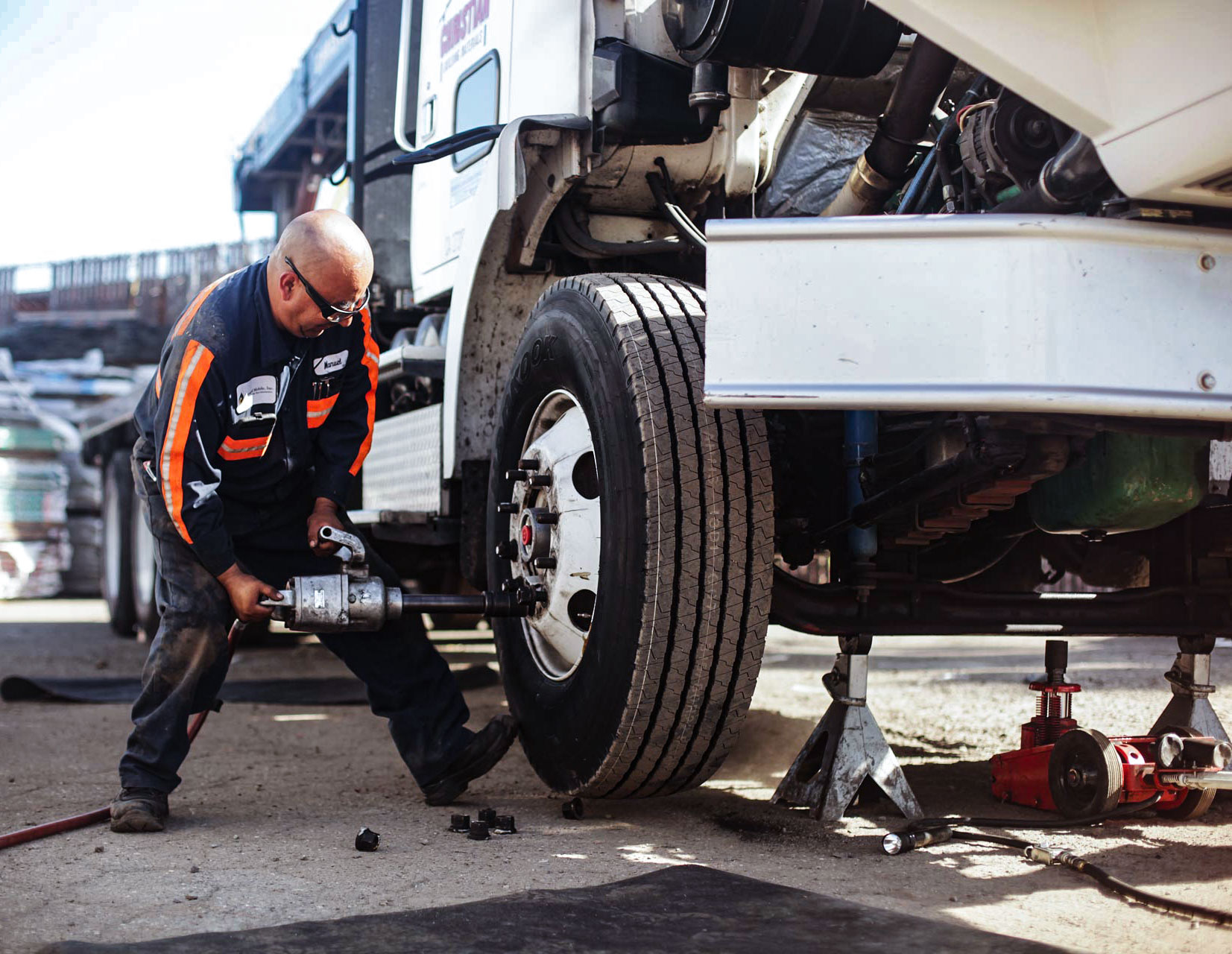Morris Tire: Exceptional Tire Solutions for All Automobiles
Morris Tire: Exceptional Tire Solutions for All Automobiles
Blog Article
The Link Between Tire Solution and Fuel Efficiency
Efficiency in gas usage is a vital issue for vehicle proprietors looking for to optimize their driving experience. Amongst the different elements that influence gas efficiency, tire solution sticks out as a vital aspect that frequently goes overlooked. The detailed connection in between tire maintenance and gas economic climate is a testament to the intricate functions of a lorry. By recognizing exactly how tire care straight impacts the effectiveness of your vehicle, you can open a world of possibilities that not just improve efficiency but additionally contribute to set you back savings over time.
Significance of Correct Tire Inflation
Correct tire rising cost of living is a critical factor in making best use of gas performance and ensuring optimal car performance. On the other hand, overinflated tires can lead to a harsher trip, uneven tire wear, and reduced traction - tire shop near me.
Keeping the proper tire stress not just enhances fuel efficiency but also boosts driving security. Effectively filled with air tires offer better handling, stopping, and total efficiency when traveling. Additionally, they add to prolonging the life expectancy of the tires, saving you money in the long run by decreasing the frequency of substitutes. Regularly examining and adjusting tire stress, particularly previously long journeys, is an easy yet effective means to enhance your vehicle's gas economic climate and ensure a smooth driving experience.
Influence of Tire Tread Deepness
Keeping the advised tire stress is crucial for optimum lorry efficiency and fuel effectiveness; likewise, the tread depth of your tires plays an essential role in ensuring safety and grip on the roadway. Tire step depth directly affects the capability of your tires to hold the road surface area, particularly in damp or unsafe problems. Routinely examining your tire tread depth and replacing tires when essential is a straightforward yet effective way to advertise both security and fuel performance on the roadway.
Role of Wheel Alignment in Performance
Guaranteeing exact wheel alignment is essential for optimizing lorry effectiveness and maximizing fuel economic situation. Appropriate wheel placement includes readjusting the angles of the wheels to manufacturer specs, ensuring that they are parallel to each various other and perpendicular to the ground. When wheels are misaligned, it can result in irregular tire wear, look at this web-site enhanced moving resistance, and lowered fuel effectiveness.

Additionally, precise wheel placement can additionally boost taking care of and security, minimizing the quantity of energy needed to maneuver the lorry (morris tire). By reducing unnecessary rubbing and drag, appropriate wheel positioning plays an important function in enhancing total automobile effectiveness and gas economy. Routine wheel placement checks and modifications are vital for maintaining optimum performance and maximizing fuel cost savings
Link Between Tire Maintenance and MPG
A necessary element of enhancing fuel efficiency in vehicles is the maintenance of tires and their direct effect on miles per gallon (MPG) Proper tire upkeep plays an important duty in making best use of fuel economy. One crucial factor influencing MPG is tire pressure. Underinflated tires boost rolling resistance, causing the engine to function more difficult and melt more gas. On the other hand, overinflated tires minimize the contact patch with original site the roadway, resulting in irregular wear and reduced gas efficiency. Regularly inspecting and keeping the appropriate tire stress can significantly enhance MPG.
Additionally, tire step depth additionally influences fuel effectiveness. Damaged footsteps lower grip, especially in wet conditions, requiring the engine to put in even more power to keep rate. This raised resistance results in higher gas consumption. By guaranteeing tires have appropriate walk deepness, vehicle drivers can boost both safety and security and gas economy.
In significance, correct other tire upkeep, consisting of tracking tire pressure and walk depth, is straight connected to accomplishing ideal MPG. By integrating routine tire assessments and upkeep into a vehicle care regimen, motorists can not just prolong tire life but additionally enhance gas effectiveness, eventually saving cash and lowering ecological impact.

Tips for Fuel-Efficient Tire Care
Provided the crucial relationship between tire maintenance and gas effectiveness, applying efficient techniques for optimizing tire care is essential to improving overall lorry efficiency. Revolving tires at advised intervals advertises also tread wear, boosting gas efficiency by ensuring all tires add equally to lorry efficiency. By including these fuel-efficient tire care tips right into a routine upkeep schedule, vehicle drivers can maximize gas efficiency, minimize operating costs, and lengthen the life of their tires.
Final Thought
Finally, appropriate tire solution plays an important role in gas efficiency. Preserving correct tire inflation, monitoring step depth, and making certain wheel positioning can all add to optimizing miles per gallon. By routinely keeping tires and following fuel-efficient tire care pointers, chauffeurs can enhance their lorry's efficiency and reduce fuel intake. It is vital to focus on tire upkeep to not just save money on gas prices but likewise to advertise total vehicle effectiveness.
Report this page